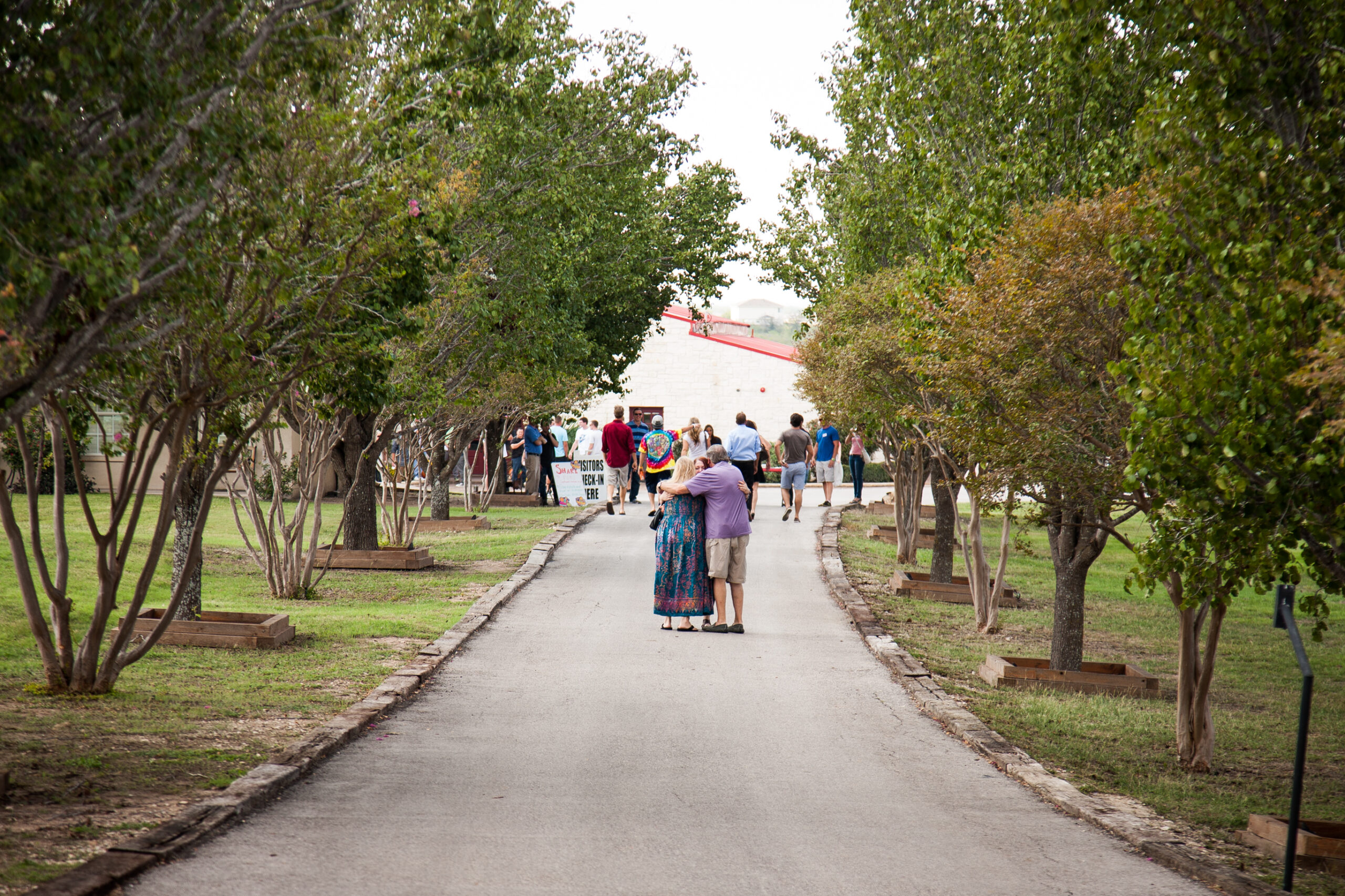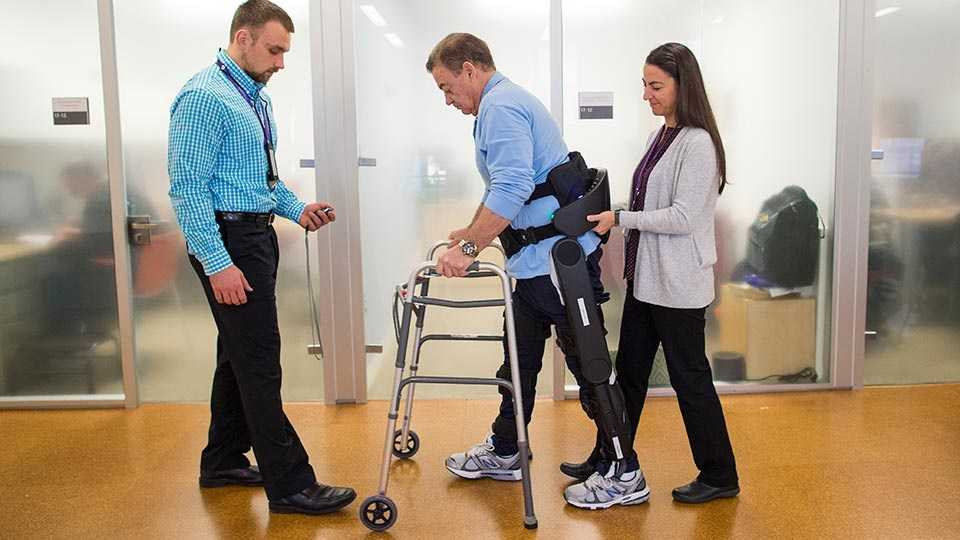Rehabilitation programs traditionally have the following basic elements:
- Initial Evaluation
- Abstinence
- Learning about addiction
- Group counseling
- AA or other 12 step participation
- Individual counseling
- A family program
What will Rehab accomplish?
Abstinence:
In many cases, thoughts remain distorted as long as substances are in the bloodstream. Often in the first few days or weeks of complete abstinence, thought processes gradually become clearer.
Removal of Denial:
In some cases, someone other than the patient, such as a parent, employer, or other authority, If the addict is satisfied that a problem exists, but is still unsure, voluntary participation makes this clear enough. A rehabilitation program to remove this fundamental denial. Even those who believe they have a substance problem usually do not fully admit to themselves or others the extent of their addiction. Rehab uses group process to identify and help the individual to let go of these expectable forms of denial.
Removal Of Isolation:
As addictions progress, relationships deteriorate in quality. However, the bonds between fellow recovering people are widely recognized as one of the few forces powerful enough to keep recovery on track. The rehab experience, whether it is inpatient or outpatient involves in-depth sharing in a group setting. This kind of sharing creates strong interpersonal bonds among group members. These bonds help form a support system strong enough to support the individual during the first months of abstinence.
Basic Training:
Basic Training is a good way to think about the rehab experience. is. Soldiers need a brief course to acquire the basic knowledge and skills needed to fight in war. Some types of learning can be done without thinking because they require a lot of practice. In addition to learning, trainees become physically fit, form emotional bonds, and help maintain morale in difficult situations.
Residential Alcohol & Drug Treatment Centers
Addiction are chronic and complex medical disorders. Oftentimes these are caused by repeat misuse of substances and may lead to potentially harmful consequences. The drug can cause permanent changes to the brain’s responses in situations such as reward stress and it can be hard to stop using it.
Addiction affects everyone differently and is treated as an incredibly complex condition as many other chronic diseases such as diabetes or cancer. Research shows that treatment for addiction can have many effective outcomes, including rehabilitation programs. 5,12.
However, substance abuse rehab programs are often what come to mind when thinking of the word “rehab” itself. People addicted to drugs or alcohol often need the additional care and assistance that addiction treatment centers provide.
Benefits of Residential Drug & Alcohol Addiction Treatment
Residential care has assisted numerous individuals in their journey of recovery. Which is the best residential drug therapy service available? Often people receive adequate care at outpatient clinics and those who have long-term severe addictions may need hospital care.
However, many residential programs don’t have the same quality and the person suffering from alcoholics may have no idea about the right program for their particular problem in mind. Spanish Version All people with substance use disorders are individuals.
Drug Addiction and Substance Abuse Rehabilitation Centers Near Me
The drug addiction program is offered in several forms and aims specifically at treating drug addiction. However, the personal situation can sometimes cause barriers to accessing treatment services. This data reveals some American attitudes towards drug use:
Treatment Improvement Protocol
Detoxification and Substance Abuse Treatment: A Treatment Improvement Protocol, Tip 45. National Institute on Drug Abuse. (2012). Principles of Drug Addiction Treatment: A Research-based Guide. National Institute on Drug Abuse.
People seeking admission to residential programs are commonly facing an acute substance use and/or mental health disorder that warrants 24-hour care. Residential treatment may also be recommended after completing inpatient treatment to support sobriety while preparing to live independently.
Describes the emergency department treatment process, lists questions to ask about follow-up treatment, and describes how to reduce risk and ensure safety at home. Family Therapy Can Help: For People in Recovery From Mental Illness or Addiction Explores the role of family therapy in recovery from mental illness or substance abuse.
Different types of substance abuse facilities
Drug rehabilitation centres are offered from basic facilities to luxurious rehab facilities. The type and extent of treatment provided for patients varies depending on their income and level of cover. However, luxury centres have many features compared with basic facilities but are not always the best rehab facilities for addiction.
The patient is advised to look into rehab before making a decision. Before going to rehabilitation facilities, the client may require treatment with detoxification. Detox means to rid the body of addictive substances. The whole process can vary from beginning to finish and often takes a couple of weeks.
Admission and treatment of addiction
If you want to be evaluated for alcohol or other drugs, you must go through a drug or alcohol counseling session. The evaluation will take into account identifying a substance abuser’s history and completing.
The person who conducts the assessment will use this data to develop a customized treatment plan for each patient. During the treatment program: Individual therapy is aimed at educating yourself on the effects of a certain trigger in life.
Inpatient and outpatient treatment
Treatment programs often fall in one of two categories. Often the focus is rehabilitation but the different varieties have their own advantages and characteristics. The inpatient program is a residential intensive treatment program that treats severe addictions.
Outpatient rehab is a part-time program and allows a recovering person to stay in work and study at any time in their day. A person who is suffering from a substance abuse disorder should learn to distinguish between different therapies before starting a treatment plan. Explore every option available in a case before making a choice, to help you achieve long-term sobriety.
Daily life during inpatient rehabilitation
Throughout inpatient treatment a patient is free to concentrate entirely on gaining sobriety without distraction from daily life. The daily routine of residential therapy must be arranged and documented with great care. Psychologists, Counselors and Psychologists work individually as a team and in groups to assist inpatients in recovery.
Typically a hospital stay lasts between 14 days and six months. Inpatients must undergo detoxification first. The doctors who treat patients monitor vital signs during the withdrawal from the drug treatment program. During detox, addiction is common, and it’s hard to overcome, sometimes resulting in relapse.
Family Support And Contact In Inpatient Rehab
In the successful hospital setting, families are essential to recovery. Family members can contact relatives at treatment facilities to offer encouragement. The inpatient center policies vary depending on the frequency of the communication with the loved one. Occasionally, rehab facilities provide counselling services for a person’s parents who are receiving treatment.
Be sure to check what the facility’s visitation policies are and if they allow regular visitation. Amenities : Amenities vary depending on the treatment facility but can include private rooms, pool access, chef-prepared meals, massage, and more. Luxury amenities may impact the cost. Specific populations : Some residential treatment programs are for specific populations, such as men/women, LGBTQ+, adolescents, veterans, or people who are homeless.
Private and Convenient Solution
Some rehab facilities might not comprehensively address factors such as trauma, stigma, serious mental illness, religion and spirituality, and culture. Some facilities offer specialized programs to meet the specific needs and preferences of those seeking addiction treatment.
HIPAA Compliance HIPAA Compliancy Group offers the HIPAA Seal of Compliance to healthcare providers that meet exceptional quality care standards in the behavioral health industry. By partnering with the Compliancy Group, we are demonstrating both our commitment to high-quality behavioral healthcare, as well as the importance we place on our patients’ privacy and personal health information.
Choosing a Facility to Help with Addiction Treatment
Many treatments may be offered to those who want help for themselves. This option is appropriate for diverse needs and a variety of financial situations, as well as flexible scheduling. Inpatient or residential rehabilitation programs are often found in addiction care facilities.
Outpatient therapy allows patients to remain within the community while working and living at home. Outpatient programs may take various forms including individual and group therapy, peer support medications and additional educational support and counseling programs.
Inpatient drug addiction treatment
Our drug rehab programs target individuals with underlying addiction who have been struggling alone. At a hospital inpatient rehab centre, the patient can concentrate on himself only. Your contact with physicians and staff keeps the relationship strong.
You have no longer had trouble with drugs or alcohol, and are struggling to recover. When you get rid of daily influences and behavior patterns that are stopping your healing you will discover how much more focused you are able to put on the right path.
What Is Substance Abuse Treatment? A Booklet for Families Created for family members of people with alcohol abuse or drug abuse problems. Answers questions about substance abuse, its symptoms, different types of treatment, and recovery. Addresses concerns of children of parents with substance use/abuse problems.
What is residential treatment?
Residential treatment focuses on supervised and structured care in non-hospital settings. Unlike outpatient treatment, the patient stays in the facility, but does not go home or work during treatment. Residential treatment programs typically contain counseling and other mental health services as well as supporting cooccurring psychiatric diseases based on levels of care.2, 3, 5 Residential treatment may be beneficial for individuals who: 3, 6 Examples of residential treatment: 3, 5.
Substance Abuse Treatment
According to the Substance Abuse and Mental Health Services Administration (SAMHSA) publication, Integrating Substance Abuse Treatment and Vocational Services , the money that states use to fund these centers comes from various sources. Some is provided through SAMHSA in the form of federal grants and from reimbursement through Medicaid, and some comes directly from the state budget.
What are the 3 types of rehab?
The three main forms of rehabilitation therapy include occupational therapy and language therapy. Each type of rehabilitation provides unique services to help individuals to recover in a healthy and active manner.
What happens when you get out of rehab?
When the person has completed detoxifications and inpatient treatment they are back to their normal lifestyle. These include employment, family, friends, and responsibilities in general. All of this activity can lead to cravings and temptation. Research shows relapses generally occur within six months following treatment.
- Rehab Centers in Denver - April 7, 2023
- Depression Treatment Centers Near Me - April 7, 2023
- What is a Residential Treatment Program for Drug Addiction - April 7, 2023











